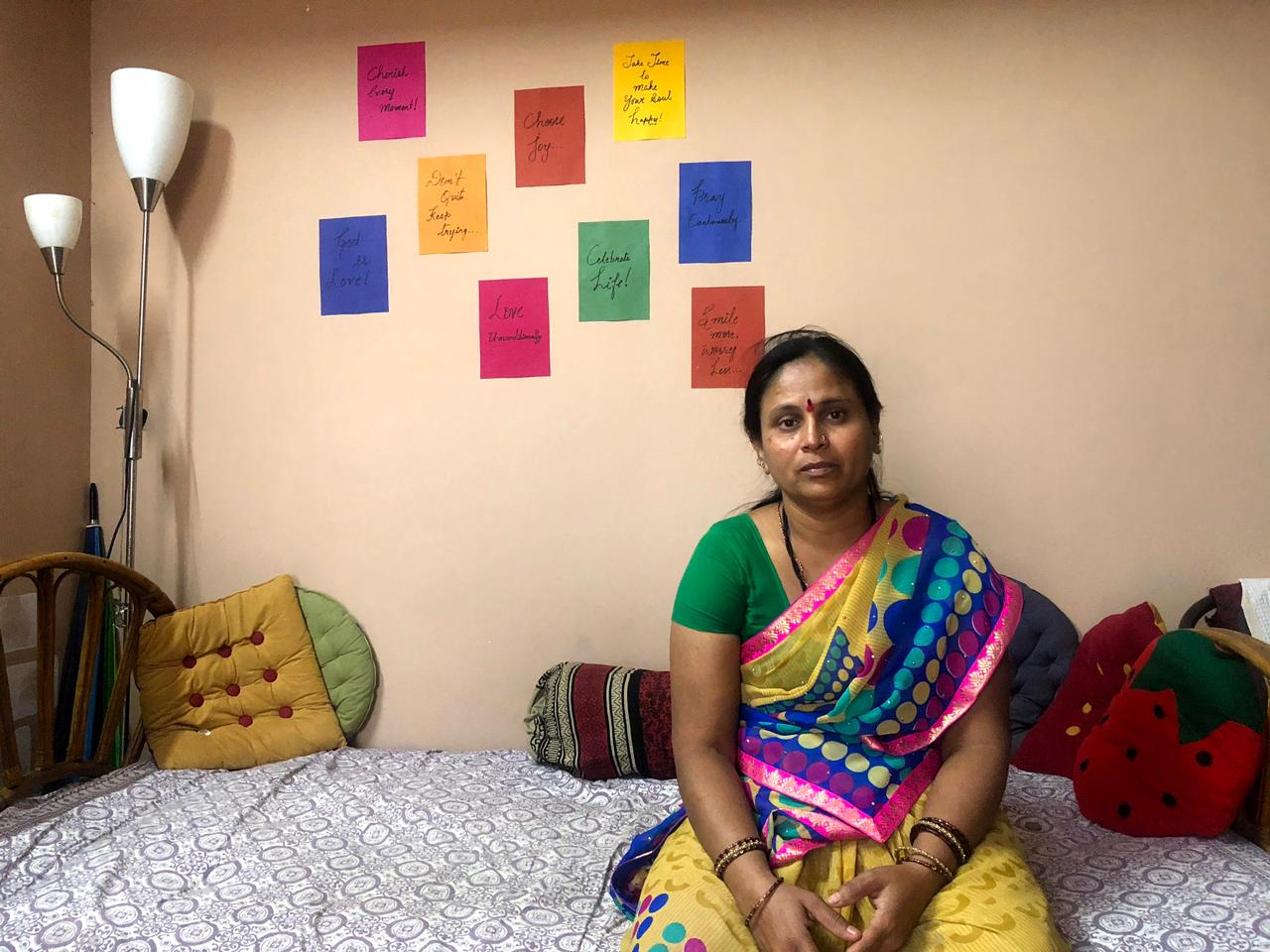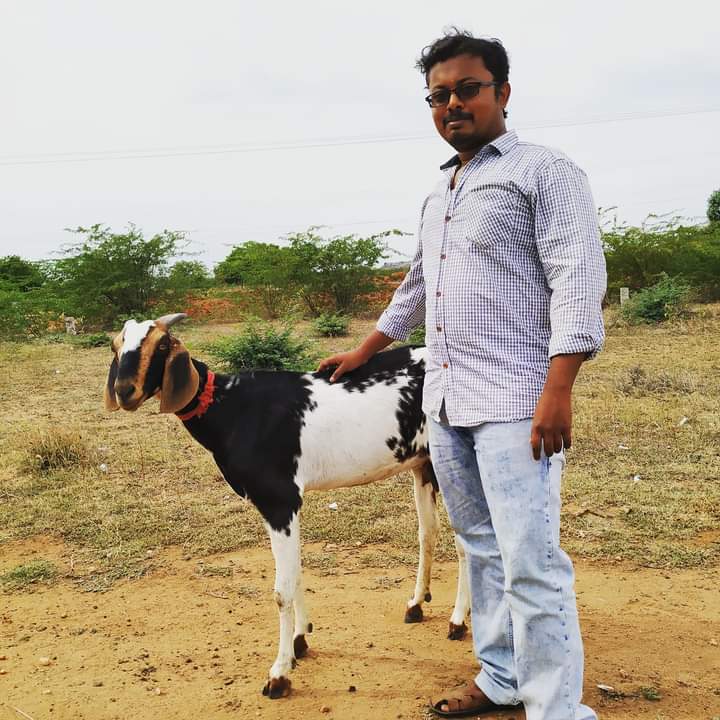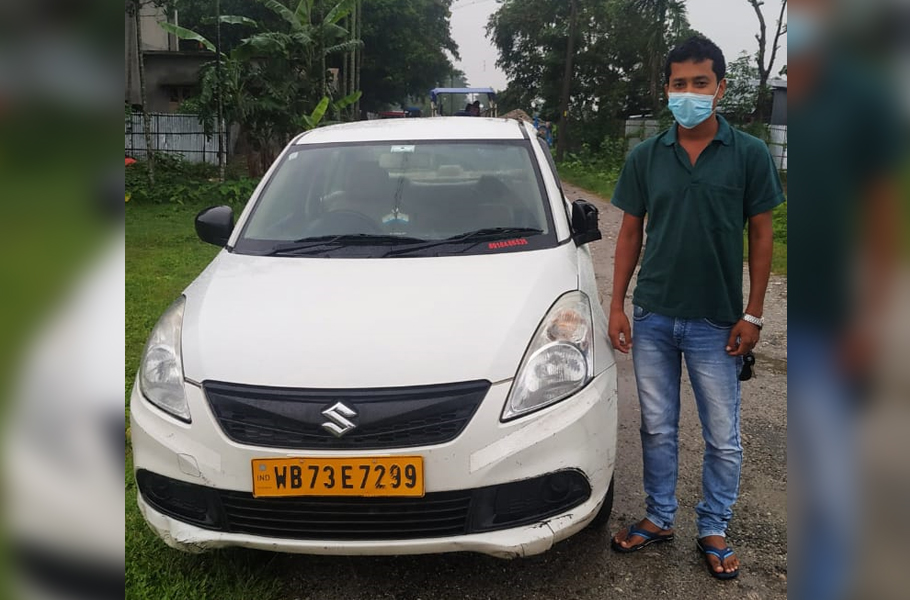Debt, Job Loss … How COVID Shattered Indian Dreams
COVID-19 has wreaked havoc across India, with the country killing 400,000 on Friday July 2 – a vast undercount, according to almost all experts. Millions more have seen their livelihoods destroyed – and with them all hope for a better future.
A March 2021 study by the Pew Research Center, a global think tank, found that the number of poor people in India (with incomes of $ 2 or less per day) increased by 75 million due to the COVID-recession. 19 – accounts for almost 60% of the global increase in poverty. Earnings of 230 million euros slipped below the national daily minimum wage of ₹375 during the pandemic, according to a study by Azim Premji University. A report from the Center for Monitoring Indian Economy said more than 10 million Indians lost their jobs because of the second wave, and about 97% of household incomes have declined since the pandemic began last year.
The unprecedented crisis has pushed millions of people into debt and poverty. Federal spoke to families in four states about their financial distress and the debt cycle that trapped them.


Renuka, domestic help, Bangalore
Months after the government eased the lockdown after the first phase, Renuka, a migrant from Hubli working as a domestic helper in Bengaluru, was still trying to get back on her feet. Then the second wave hit.
Some of his employers have left town. Some told her not to come, fearing that she was a potential carrier of the coronavirus.
Until March 2020, Renuka earned around ₹20,000 per month working in six-seven households. Today, his income has fallen by about 60%.
Renuka had no income during the lockdown, but she managed to find work recently. But after paying the rent and managing her household expenses, she is barely able to save anything. After confinement, she depended on the food she received from her employers.
With the pandemic increasing the financial burden at home, Renuka says she has to endure domestic violence as the lack of money triggers extreme reactions from family members.
“To survive the confinement, I first took out a loan from ₹50,000. Then, for my daughter’s wedding, I had to borrow another lakh. I am wondering how to repay the loan because I cannot save money, â€said Renuka.
Anup Roy, company employee and entrepreneur
Life looked bright for Anup Roy until COVID-19 hit early last year. Just over a year ago, the 32-year-old had a decent job in a transport company in Siliguri, in the Darjeeling district of West Bengal. He was earning enough to own two cars, which he had rented from a private taxi service to supplement his income.
It all seems like a distant dream now.
As a supervisor in the Siliguri office of Shyamoli Paribahan Limited, Anup earned a salary of ₹20,000 per month.
“For our two-member family including my wife and myself, the salary was sufficient. We might even save money after covering regular household expenses, â€said Anup.
To increase her income, Anup bought a Maruti Celerio three years ago. He took out a loan from Magma Fincorp and his monthly payment was ₹8,400.
Siliguri being the gateway to the tourist destinations of Sikkim and Darjeeling Hills, Anup decided to hire the car from a taxi company. “After having incurred all the expenses such as driver’s salary, EMI, maintenance costs, etc., I earned between ₹5,000 and ₹7,000 per month, â€he said.
In less than a year, Anup bought another car, a Maruti Dzire. This time he had the car financed by Mahindra Finance. The monthly EMI was ₹12,400.
The new car further boosted Anup’s revenue by ₹10,000 to ₹12,000.
Until then, Anup’s had been a perfect growth story for the middle class.
Then COVID struck. To prevent the spread of the virus, Prime Minister Narendra Modi announced a nationwide lockdown from March 24 at midnight.
Hearing the Prime Minister make the announcement that evening, Anup had no idea what was to come to him.
“Containment has hit the transport and tourism sector hard. My cars were parked, as were the buses from the transport company where I worked, â€said Anup.
A few months after the lockdown, the transport company laid off several employees to reduce losses. Anup was one of them.
It was just the start.
With no income, Anup naturally defaulted on her loans.
Although the central government announced a moratorium on lending, private financial firms have not been so accommodating.
“Magma Fincorp, in particular, pressured me relentlessly to get the installment payments settled. Finally, I was forced to return my Celerio last year. My current loan was ₹2 lakh, â€Anup said.
After the lockdown eased late last year, things started to improve. Anup took to the streets with his Dzire car and was able to make ends meet after paying the monthly payment of ₹12,400.
The turnaround was short-lived as in the middle of the second wave, the West Bengal government announced another lockdown starting in mid-May.
“After the foreclosure was lifted, I was able to clear the pending payments on my second car loan. But now I have two months of arrears again. The company keeps asking me to write off the loan, otherwise they will take the car away. I appealed to the company to consider my case with kindness. Fortunately, the manager agreed to give me more time, â€said Anup.
In the meantime, to run her household, which feeds on free rations provided by the state government, Anup has accumulated credit from local grocery stores and other vendors.
“I have no idea how to get over this situation. Maybe I have to sell my house built on four kathas of land on the outskirts of Siliguri, â€he said.
Asif Ismail, mall worker, Kochi
Shopping malls are the last to open after a lockdown in Kerala. Asif Ismail, who worked as a purchasing manager at a shopping center in Kochi, has not received his salary since June 2020.
“Not only me, but hundreds of people working in shopping centers are also going through a similar situation. I have no hope of getting the job back, â€Ismail said.
Most stores are closed anyway because they are unable to pay the heavy rent, Ismail said. “I don’t know how many stores will reopen after the lockdown. “
Asif’s two children are studying at private schools and he has not paid their fees despite repeated reminders.
“I hope they won’t insist that children cannot attend online classes unless their dues are paid,” Ismail said.
Ismail and his family were staying in a rented apartment at Vyttila in Kochi. They returned to their hometown of Thrissur in October 2020. “We were not able to manage our living expenses in Kochi. At least I don’t have to pay the rent here [in Thrissur] because I have a house of my own, â€he said.

Siva Siddhu, animal breeder, Tenkasi district, TN
Like millions of people in India, Siva Siddhu depends on livestock to supplement her income, and the pandemic has had a huge impact on agriculture-related activities, such as herding and the buying and selling of livestock.
Siddhu, a resident of Tenkasi district in Tamil Nadu, owns a goat farm. This year, he was unable to go to the market to buy goats because of the lockdown. “There are six goat markets that operate twice a week in the district. If there had been no containment, I could have bought around 20 goats in the markets, â€he said.
Siddhu said that although farming activities were allowed during the lockdown, allied services such as goat ranching and cattle markets were restricted.
Siddhu also earns a small income from breeding native dogs. “I could have sold puppies at the market. But now I can’t travel and I will have to wait another year, â€he added.
(With contributions from Prabhu Mallikarjunan, Samir K. Purkayastha, N. Vinoth Kumar and KK Shahina).

